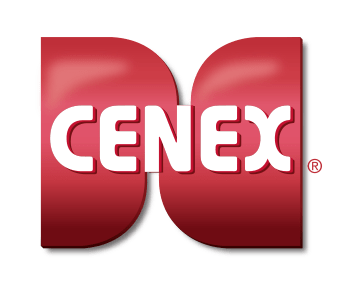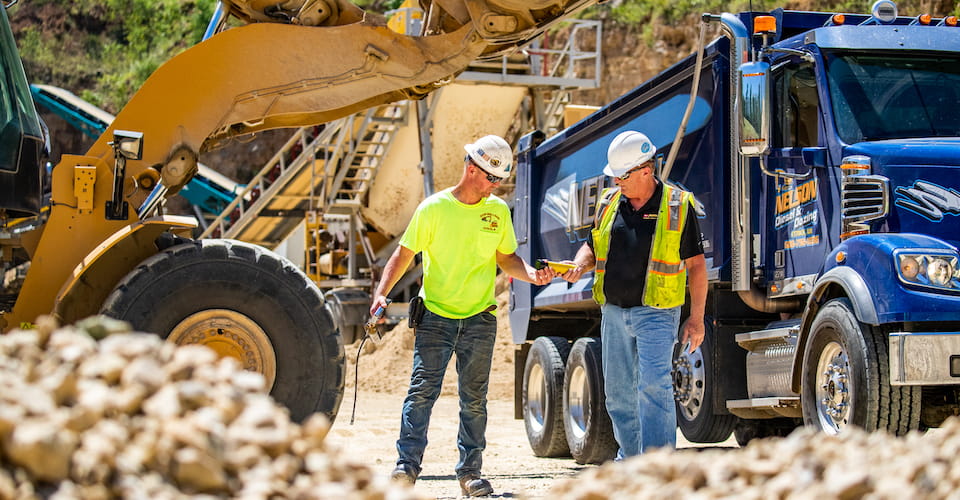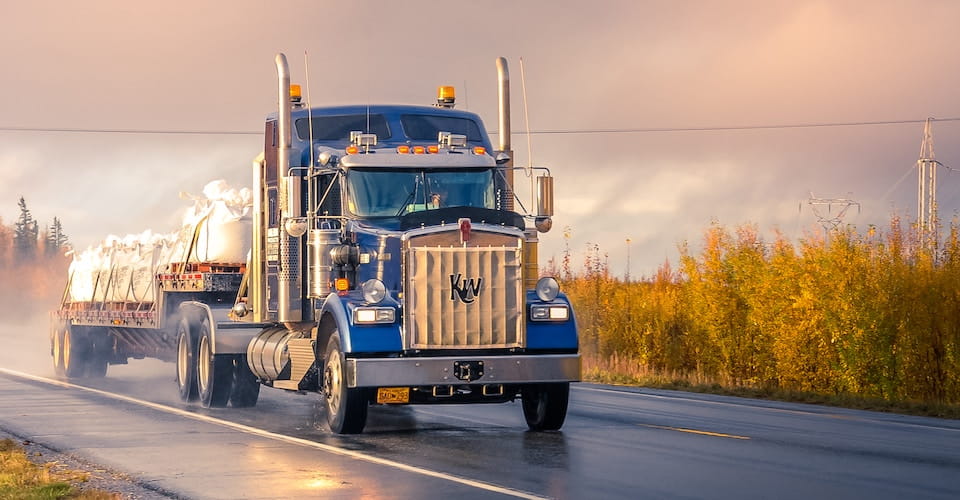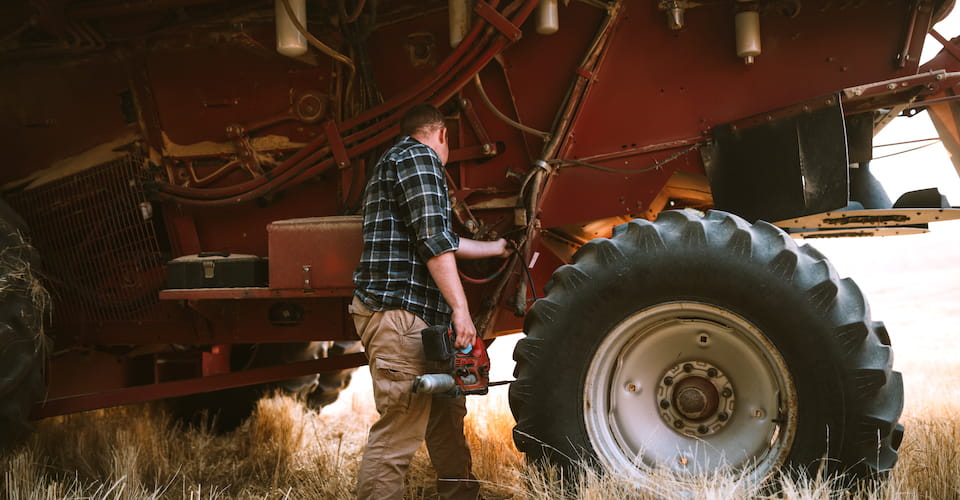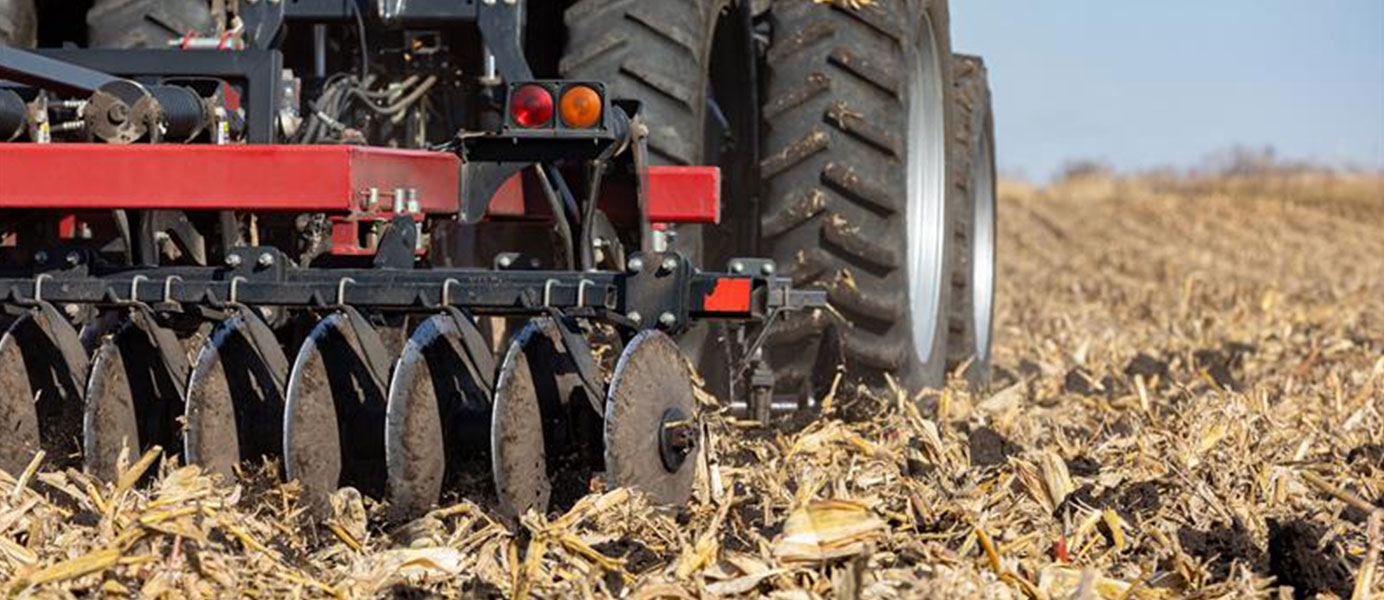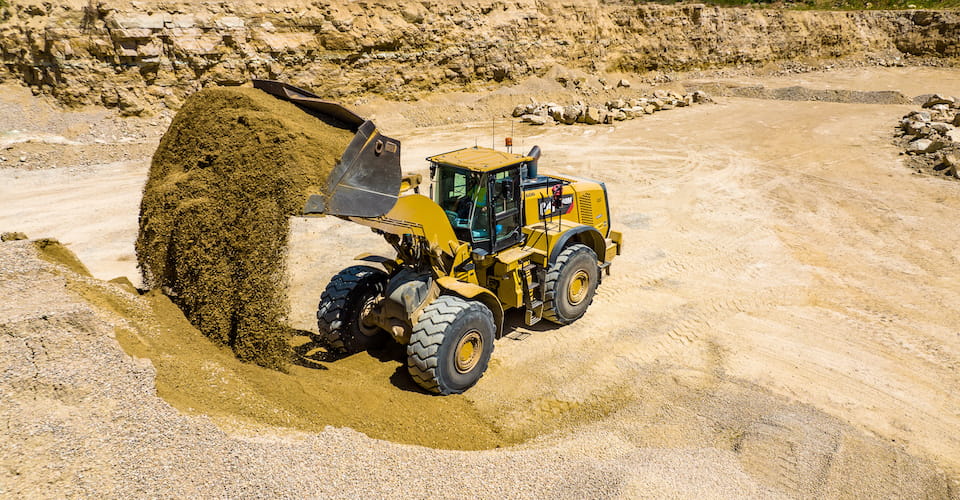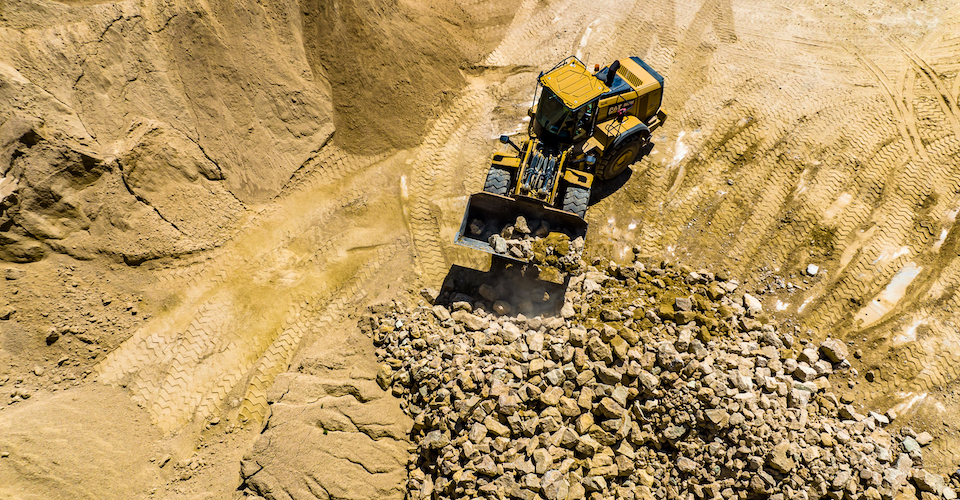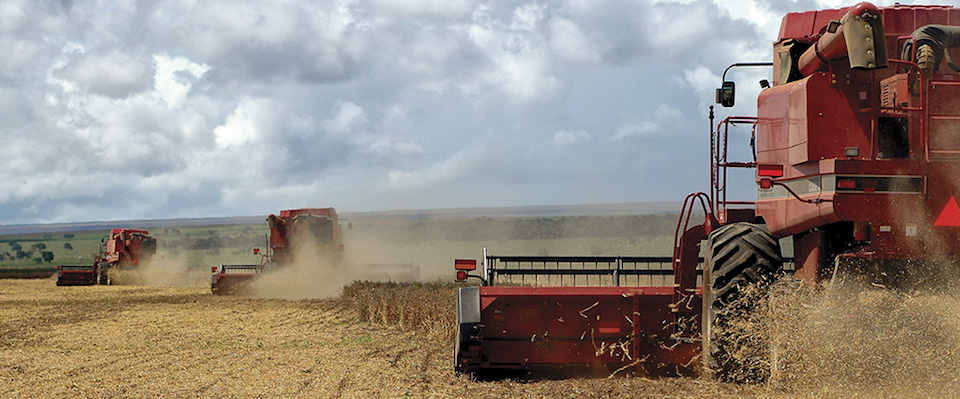
The weeks leading up to harvest are the ideal time to think about the equipment maintenance components that may not be top of mind the rest of the season – including what grease you’re planning to use during the busy season. Selecting the correct grease for the different machinery is about two important considerations: application and compatibility. You need to consider these two important decision points correctly to ensure that your equipment performs at peak levels during critical times, such as harvest.
Proper lubrication through greasing is one of the single most important factors contributing to the longevity of your equipment and protecting your investment. It’s vital to look for compatibility of thickeners in a grease, in addition to the intended application. There is a lot of information out there and quite a few factors to consider, like chemical compatibility and the NLGI rating, which can make coming to a final decision confusing.
Choosing grease for your equipment
Start with the application of the equipment. What is the primary function of the area or part being greased? Is the component in an extremely dirty or wet environment? Does it carry a heavy load, or is it more general pin and bushing needs? Grease lubricates, but it also protects. It acts as a barrier by preventing dirt and moisture from getting into critical areas like bearings and chains. A heavy-load bearing application has different needs than general use.
For example, two grease products you typically see on the farm may be similar, and yet very different in their application and compatibility.
- Poly-Xtreme® is an excellent high temp, multi-purpose Polyurea grease. It works exceptionally well for resisting oxidation and battling wash out from the areas where it’s applied.
- Blue Gard® 500+™ is a Lithium Complex, multipurpose grease that is a popular choice for every day, all-purpose uses. This formulation is flexible for most applications, but still provides protection in challenging situations.
Both of these greases will provide good lubrication, and are even similar in color, but they are incompatible due to their different chemistries. Moving too quickly and not paying attention to grease compatibility can actually create mechanical issues that may delay your harvest. Always ensure a new grease is chemically compatible with a grease that may still be present in the equipment prior to use.
Choosing the right grease product is essential to ensuring a smooth harvest, and considering both application and compatibility will help you with that decision. However, the vast array of choices in the market can make it hard to decide on the best lubricant for your needs. The Cenex Equipment Look-Up Tool makes this easy with a simple search function that provides lubricant recommendations for all of your equipment in one place.
